UK and France commit to greater defence cooperation at Paris summit
)
Defence and security were a key focus at today’s 36th UK-France Summit in Paris, with new initiatives to advance the already strong military relationship between the two nations.
Defence Secretary Ben Wallace met France’s Minister for the Armed Forces, Sébastien Lecornu, reaffirming our longstanding partnership and friendship as Prime Minister Rishi Sunak and President Macron outlined a shared vision to meet the greatest challenges the UK and France face, including in defence and security.
As permanent members of the UN Security Council, and as members of the G7, G20 and NATO, our nations already work closely to promote international security and tackle shared challenges. A joint statement was published covering a range of agreements made during the summit.
Chief of the Defence Staff, Admiral Sir Tony Radakin, joined the Defence Secretary for the dialogues taking place in Paris – focusing on Ukraine and ambitions for further integration of our Armed Forces over the next decade.
Defence Secretary Ben Wallace said:"It has been a great pleasure to meet again with my friend and defence counterpart Sébastien Lecornu. We have agreed to strengthen our defence and security partnership, committing to look at areas of cooperation to increase the interoperability of our joint defence capabilities – and to advance key projects to develop complex weapons systems.
"Our shared and ongoing support for Ukraine remains unwavering. We will continue to provide that support for as long as it takes."
Defence Secretary Ben Wallace and Minister Sébastien Lecornu set out how both our nations will continue our steadfast support for Ukraine, and work together as NATO allies to ensure that Putin’s aggression and illegal invasion will fail. The UK and France committed to do all they can to strengthen Ukraine’s abilities on the battlefield and ensure the country defend its people and critical infrastructure against Russian aggression. This includes increased cooperation on provision of equipment, in particular ammunition, and supporting the training of Ukrainian personnel, including marines, in the UK.
Chief of the Defence Staff, Admiral Sir Tony Radakin, said:"As our leaders meet in Paris, the British and French Armed Forces are working together in response to Russian aggression in Europe, and to protect our shared values and interests across the globe. Now we will deepen our cooperation be it supporting Ukraine today or meeting the challenges of tomorrow, from security in the Arctic to carrier deployments in the Pacific.
"We will also pursue a host of joint endeavours from intelligence sharing to complex weapon development. This reflects the mutual respect and confidence that exists between us, our shared technological ambitions, our unwavering commitment to NATO and our recognition that the security of Europe and the Atlantic is tied to that of the wider world."
During the summit, the UK and France agreed to coordinate deployments of our aircraft carriers to provide complementary and a more persistent European presence in regions of shared interest. This will mean routinely providing support for each other’s task groups, cooperating in exercises to prepare our carriers for warfighting, and explore opportunities for the United Kingdom and France to demonstrate the sequencing of more persistent European carrier strike group presence in the Indo-Pacific.
Further integration of the UK and French Armed Forces over the next decade was also discussed, with a vision to enable seamless operations and draw on common intelligence, surveillance and reconnaissance (ISR) data.
The UK and France also agreed to work to ensure interoperability of weapons and platforms across Europe and NATO, including advance landmark projects to develop their future complex weapons systems, such as the Future Cruise and Anti-Ship Weapon (FC/ASW) programme. An agreement was also reached on a new dialogue on defence industrial strategy, and to cooperate further on European air defence capabilities and directed energy weapons.
In addition, discussion covered strengthening our cooperation on homeland defence and greater focus on cyber activities. The nations also agreed to continue to harness the potential of the Combined Joint Expeditionary Force (CJEF), making it fit for the evolving security environment and new contested areas, including in the High North.
